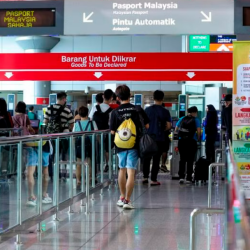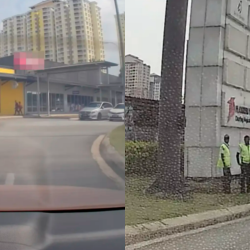Death toll rises in border clashes between Azerbaijan and Armenia
BAKU/YEREVAN, July 14 (Reuters) - Seven Azeri soldiers and a civilian, and two Armenian servicemen were killed on Tuesday in the third day of border clashes between countries that fought a war in the 1990s over the mountainous Nagorno-Karabakh region.
The international community worries about clashes between Armenia and Azerbaijan in part because of the threat to instability in the South Caucasus, a region that serves as a corridor for pipelines taking oil and gas to world markets.
Azerbaijan and Armenia both said exchanges of fire that began on Sunday had continued into Tuesday, and each accused the other of ceasefire violations and shelling.
An army major-general and a colonel were among seven Azeri servicemen killed, Azeri deputy defence minister Kerem Veliyev said, adding that "devastating blows were inflicted on the enemy".
Armenia's Defence Ministry said two of its servicemen, a major and a captain, had been killed in skirmishes. Foreign Ministry spokeswoman Anna Naghdalyan said the city of Berd had been shelled near the border but Armenian forces had "destroyed the Azeri bases" that fired on it.
Armenia and Azerbaijan, two former Soviet republics, have long been in conflict over Azerbaijan's breakaway, mainly ethnic Armenian region of Nagorno-Karabakh. But the latest clashes occurred around the Tavush region in northeast Armenia, some 300 km (190 miles) from the enclave.
Russia urged the two sides to cease fire and show restraint, and Kremlin spokesman Dmitry Peskov told reporters Moscow was ready to act as a mediator.
Nagorno-Karabakh is in Azerbaijan but is run by ethnic Armenians, who declared independence during a conflict that broke out as the Soviet Union collapsed in 1991.
Though a ceasefire was agreed in 1994, Azerbaijan and Armenia continue to accuse each other of shooting attacks around Nagorno-Karabakh and along the separate Azeri-Armenian frontier. (Reporting by Nailia Bagirova in Baku and Nvard Hovhannisyan in Yerevan. Additional reporting by Andrey Kuzmin in Moscow; Writing by Margarita Antidze; Editing by Timothy Heritage)





